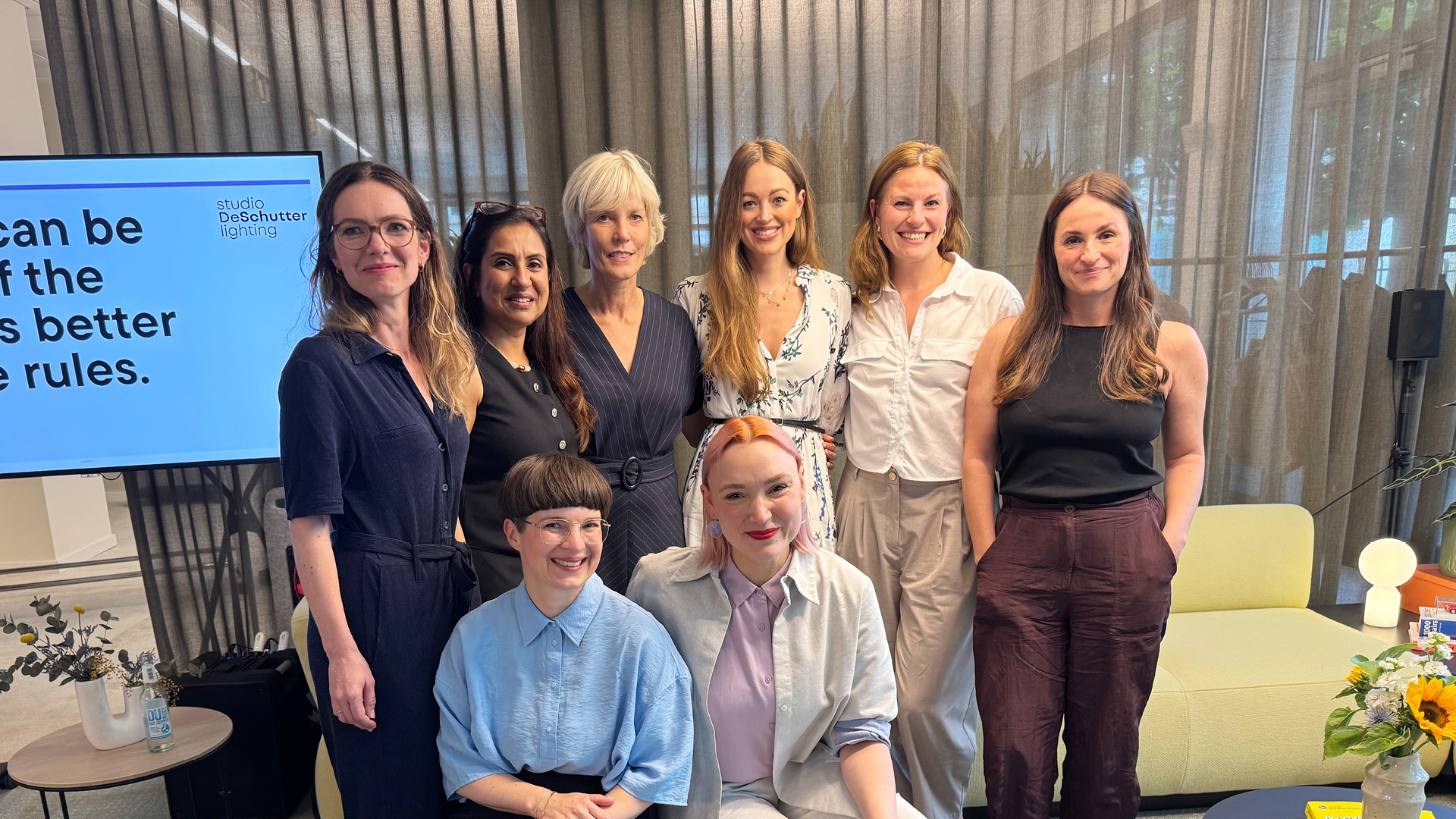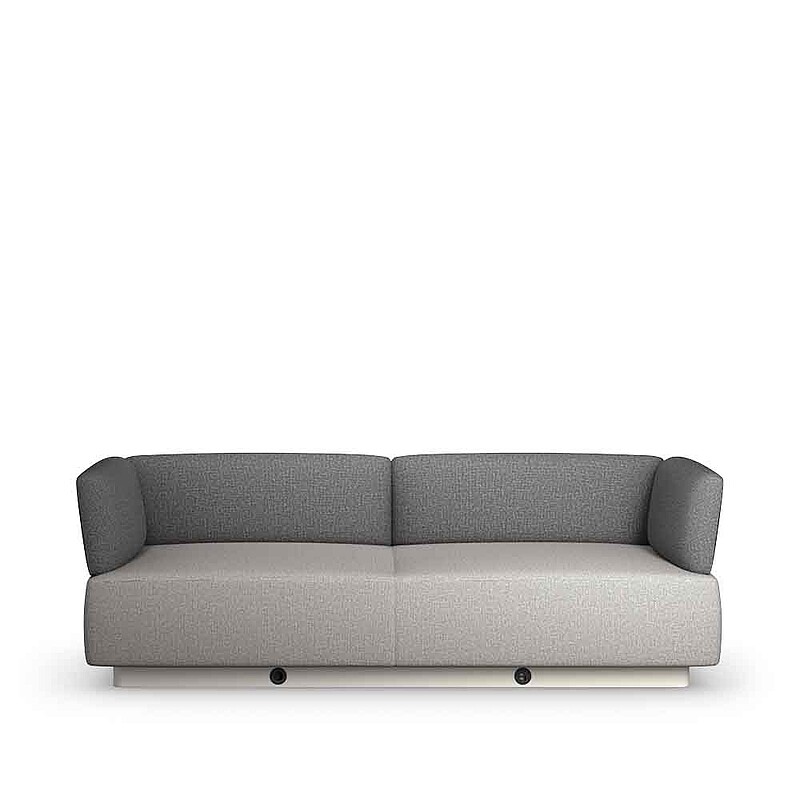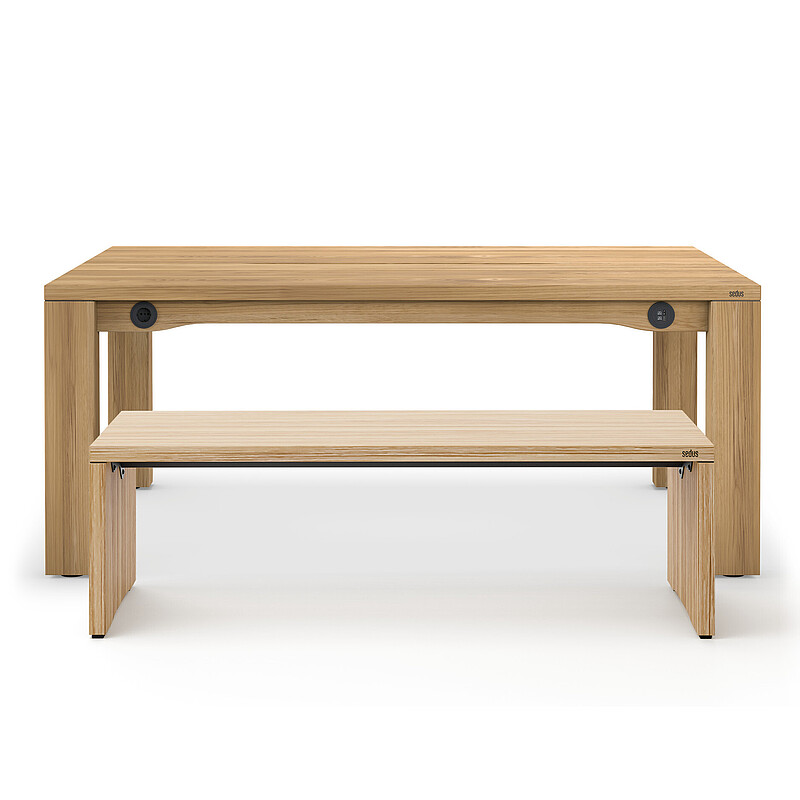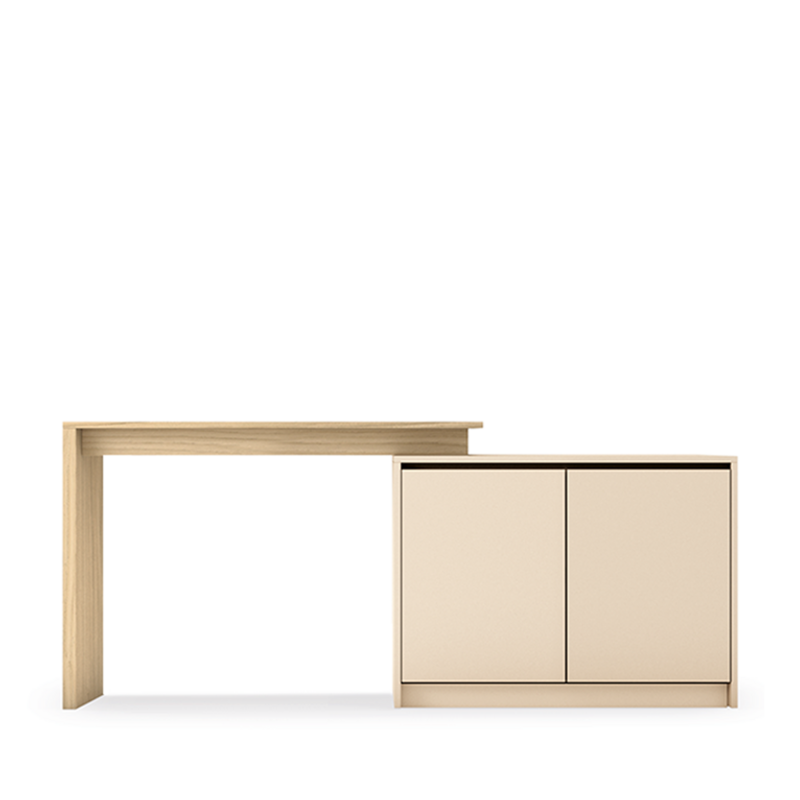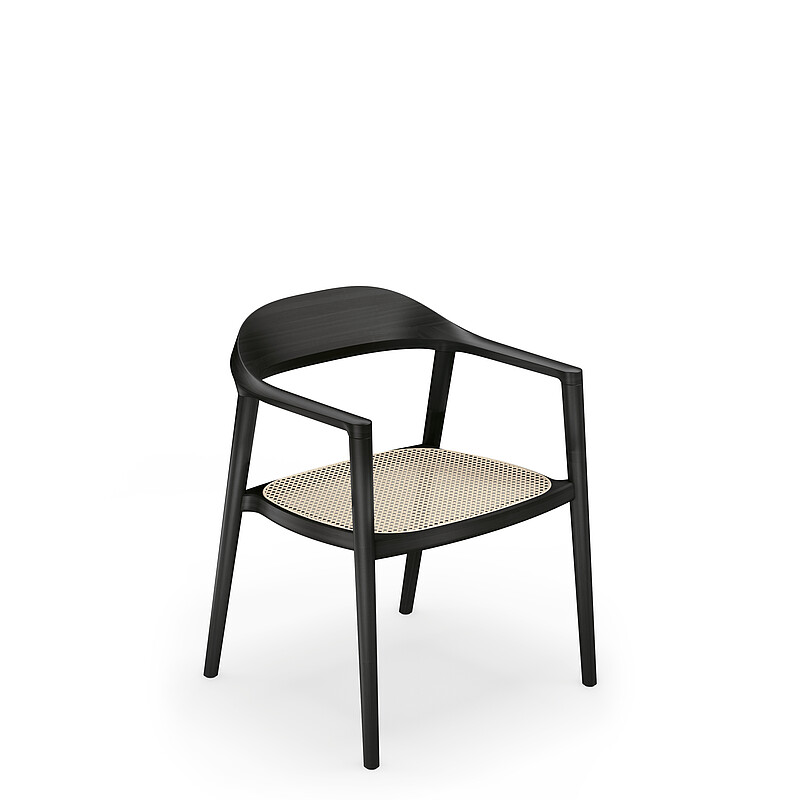Strongly networked for greater visibility: the launch of Women in Office Design in Germany
Women in Office Design (WOD) was founded in London in 2018 by interior designer Harsha Kotak, with the aim of creating a dedicated platform for architects, designers, planners, and strategists involved in workplace design worldwide. Harsha was struck by the stark underrepresentation of women in leadership roles across the industry and set out to address this imbalance.
Since then, WOD has evolved into an international network that fosters knowledge exchange, supports professional development, and brings role models into view—while raising a critical question: What do we want our industry to look like in the future, and who should have a seat at the table? Men are of course welcome, yet the focus lies in creating space for female voices and perspectives to be seen, heard, and connected.
The Berlin event marked the launch of the German chapter, initiated and represented by Lisa Rosa Bräutigam (founder and CEO of nuwo), Bernadette Trepte (real communications), and Susanne Brandherm (volunteer board member of the Karl Bröcker Foundation).
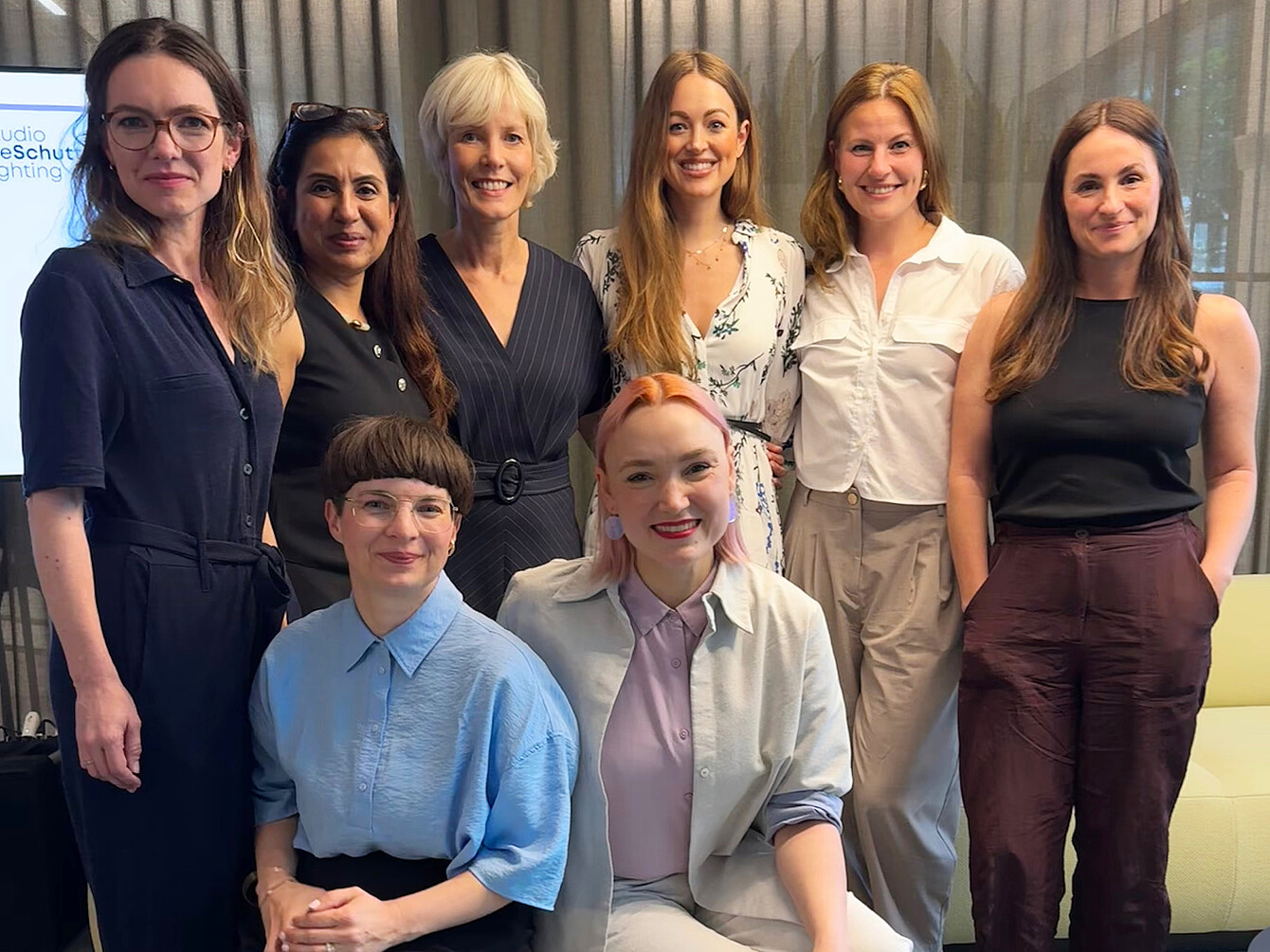
Gabriela Hauser, interior designer and managing director of buerohauser; Johanna Neves Pimenta, editor-in-chief of md magazin
An Evening of Insights and Inspiration
Around 80 guests accepted the invitation and took part in a carefully curated programme, opened by WOD founder Harsha Kotak herself. In her welcome address, she reflected on the origins of the network, its growing presence across Europe, and the importance of visibility, community, and active networking in driving systemic change.
Martina Rahmfeld (Architect and New Work Advisor) and Sabine de Schutter (Lighting Designer, Studio De Schutter) delivered two compelling keynote talks, both demonstrating that workplace design today is far more than functional necessity. It is a reflection of values, a tool for shaping organisational culture, and a decisive factor in team performance. Among other concepts, Sabine de Schutter introduced her idea of "Corpitality"—the intersection of corporate identity and hospitality—and explored how lighting design can help foster emotional connection to the workplace.
The subsequent panel discussion, moderated by Johanna Neves Pimenta (Editor-in-Chief, md), brought together Hanne Willmann (Product Designer, Studio Hanne Willmann), Gabriela Hauser (Interior Architect, bdia, buerohauser), Sabine de Schutter, and Martina Rahmfeld. Together, they explored the interplay of diversity, spatial design, and strategic business thinking.
Topics ranged from lighting temperature and seat depth to acoustic zoning and inclusivity. But the panel also addressed deeper structural issues: gender gaps, the visibility of expertise, and how female professionals perceive—and are perceived in—their roles.
One particularly powerful moment came when Hanne Willmann shared her experience of often having to speak on panels about being a woman in the industry, while her male peers are free to engage directly with content. The spontaneous applause from the audience was telling—and moving.
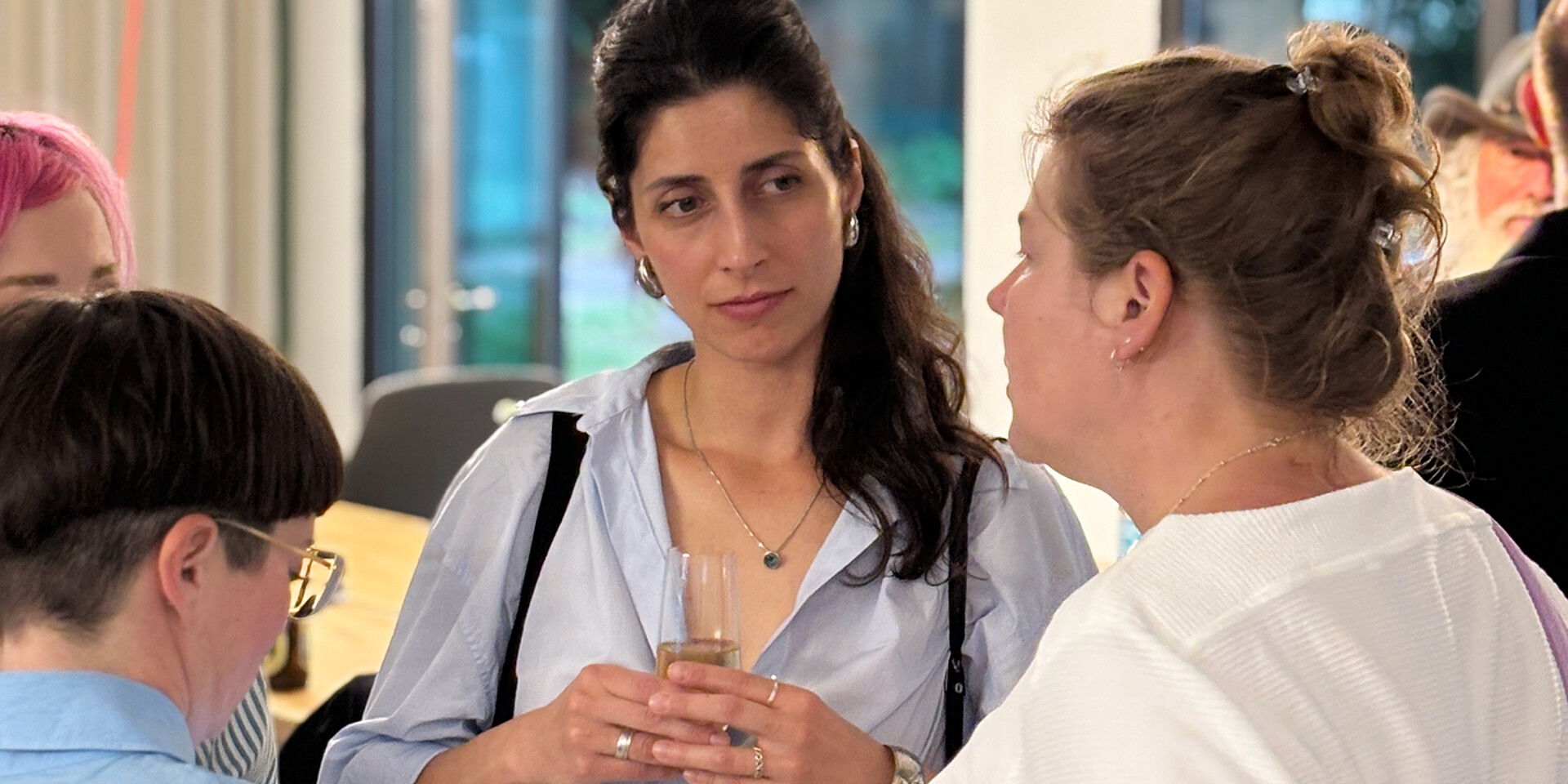
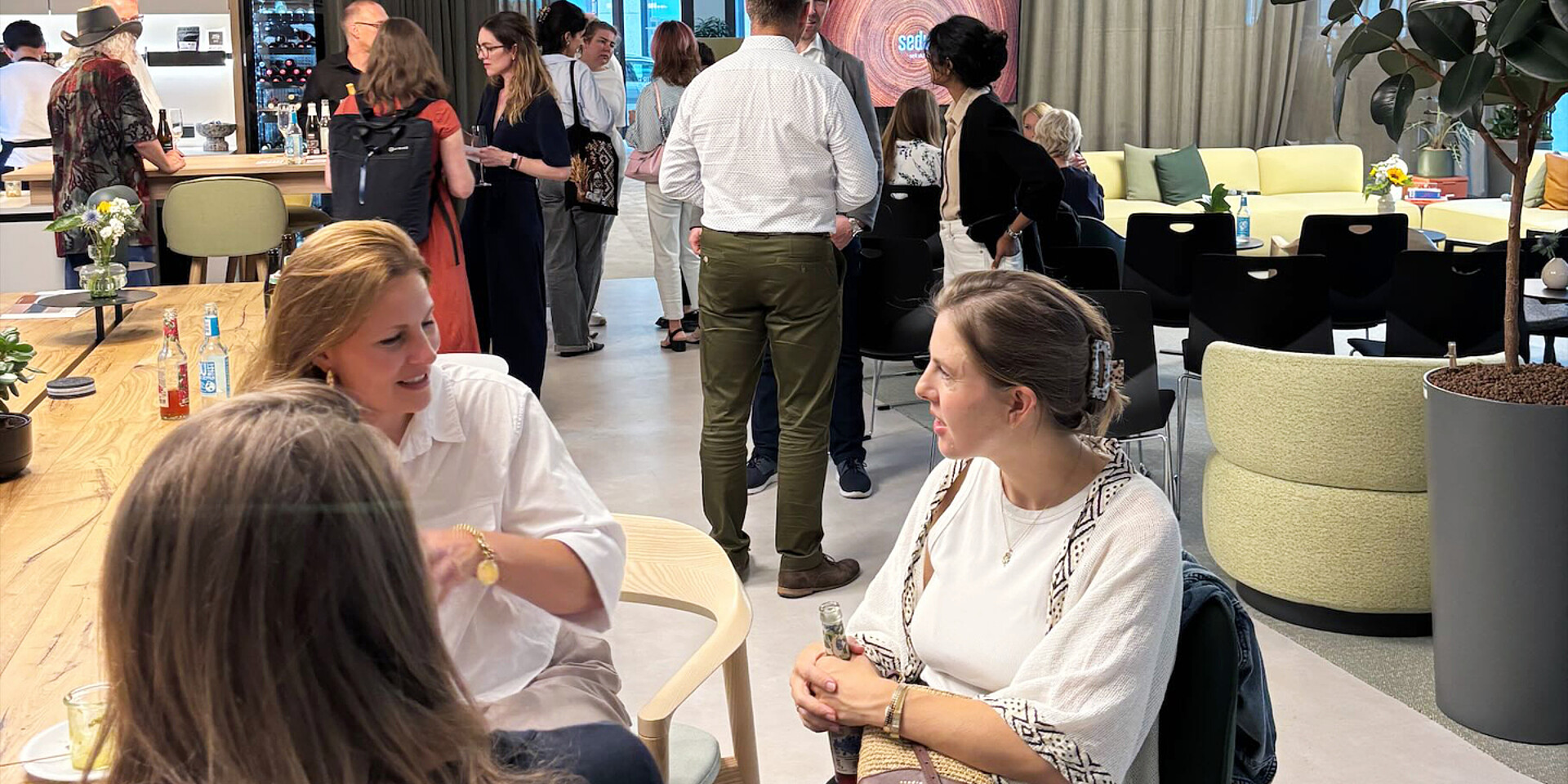
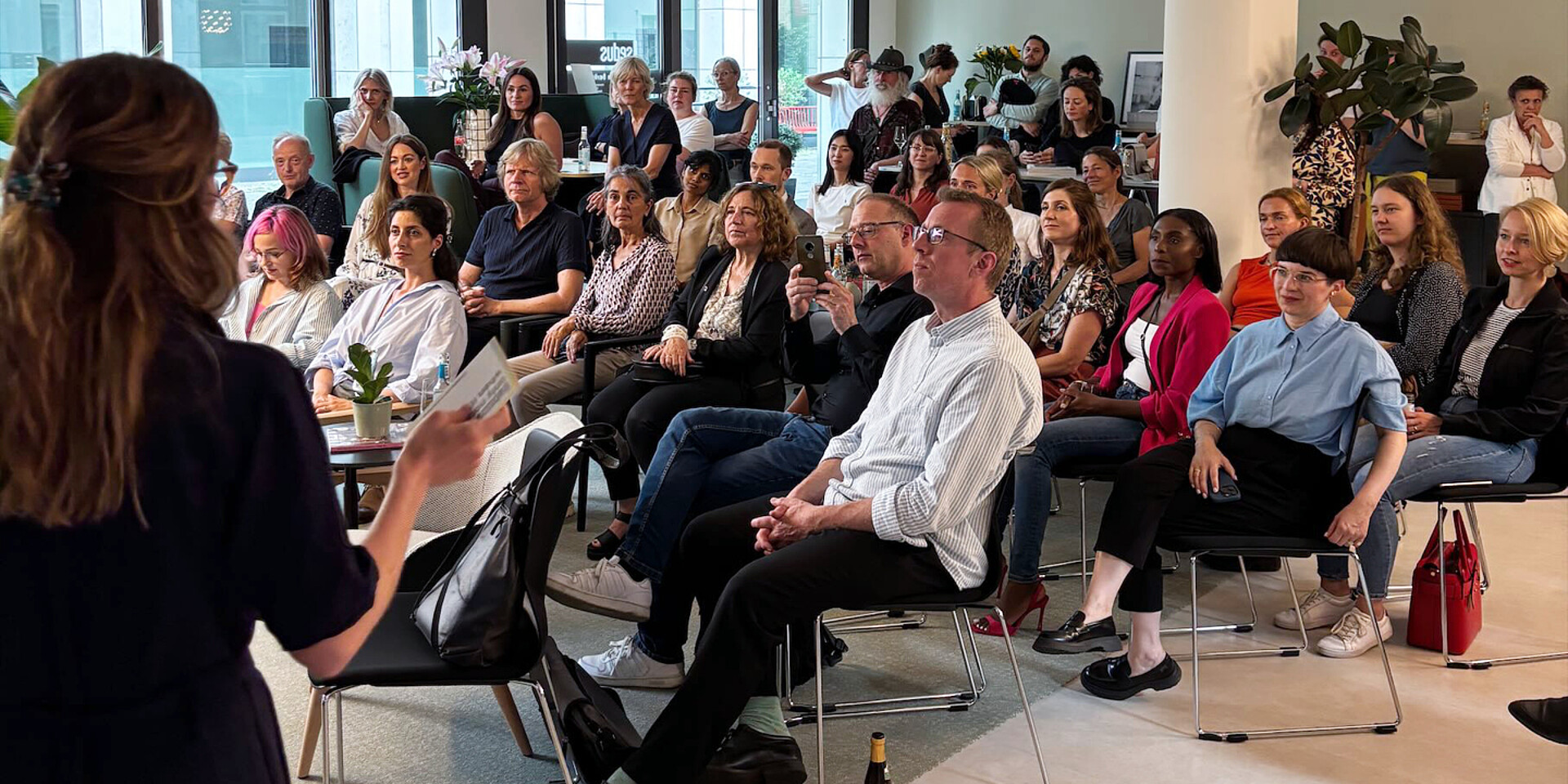
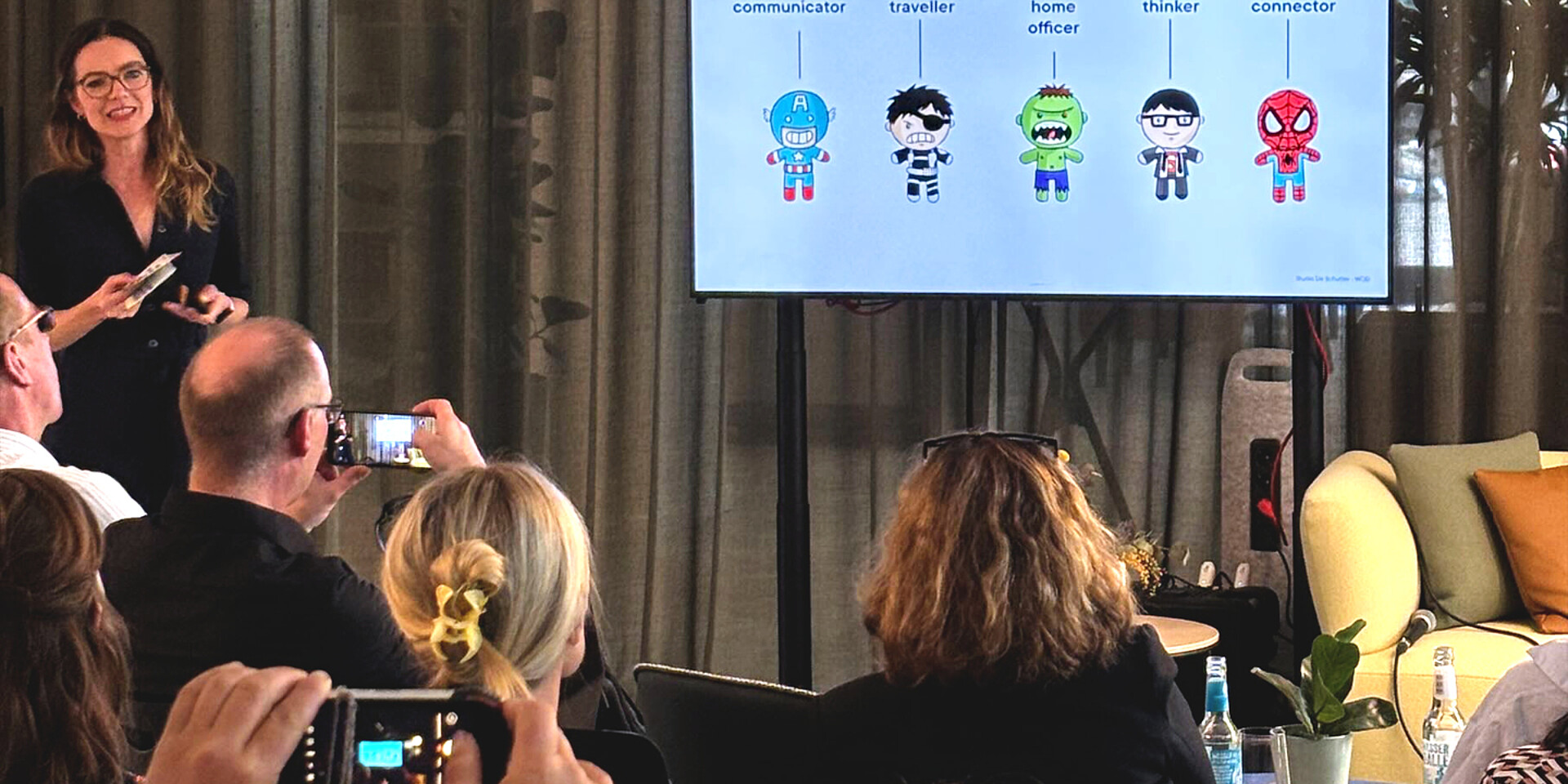
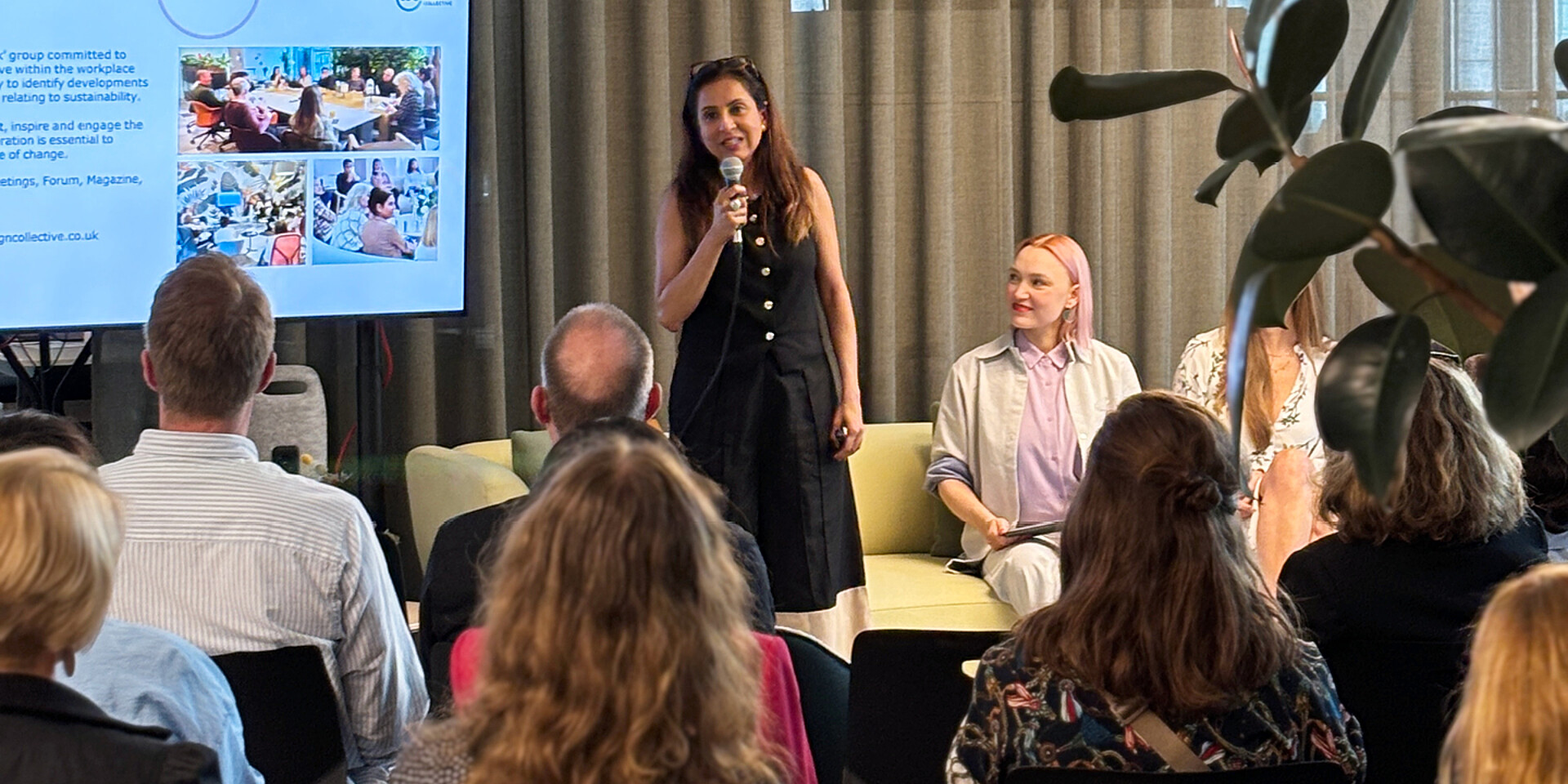
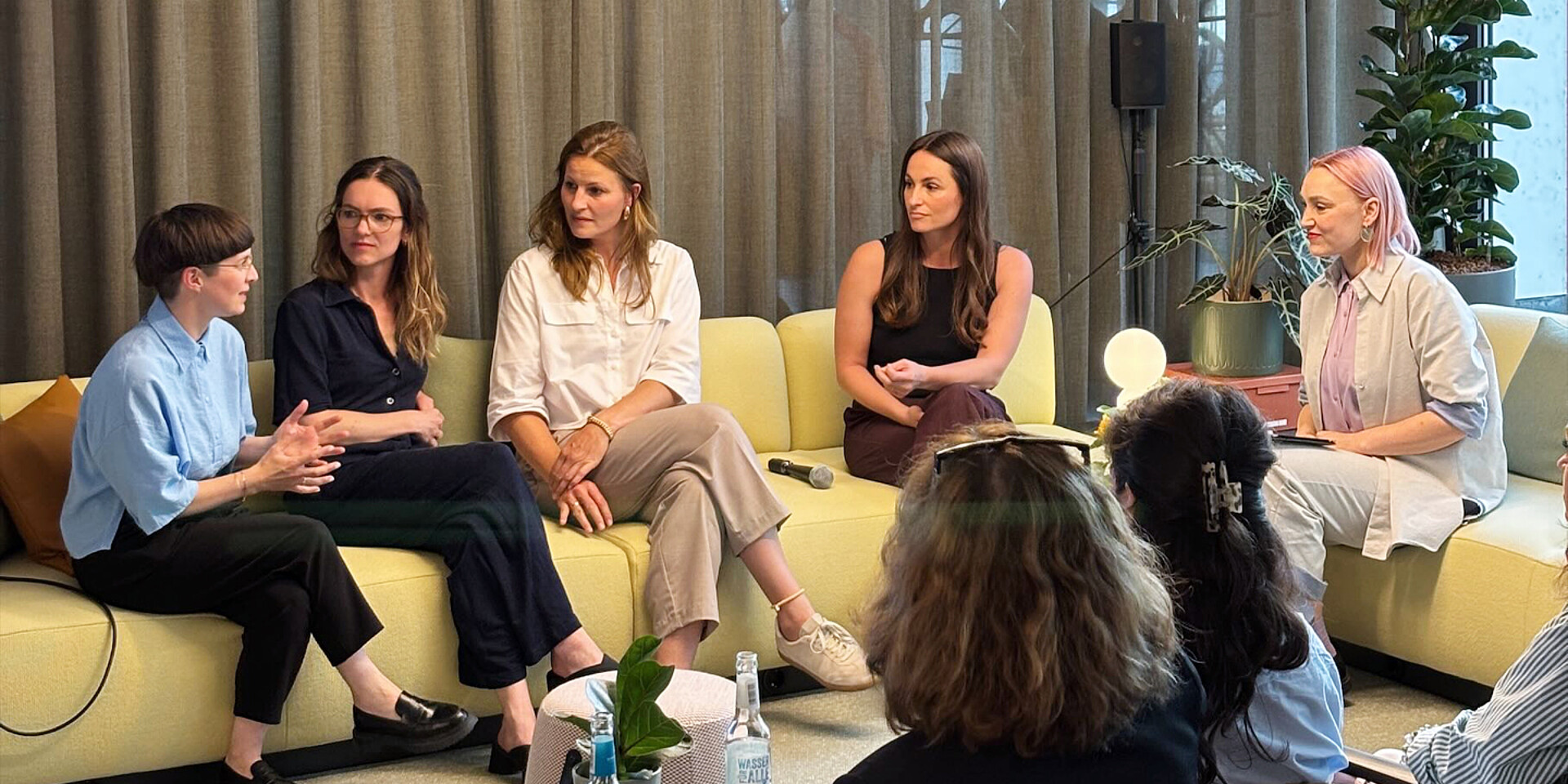
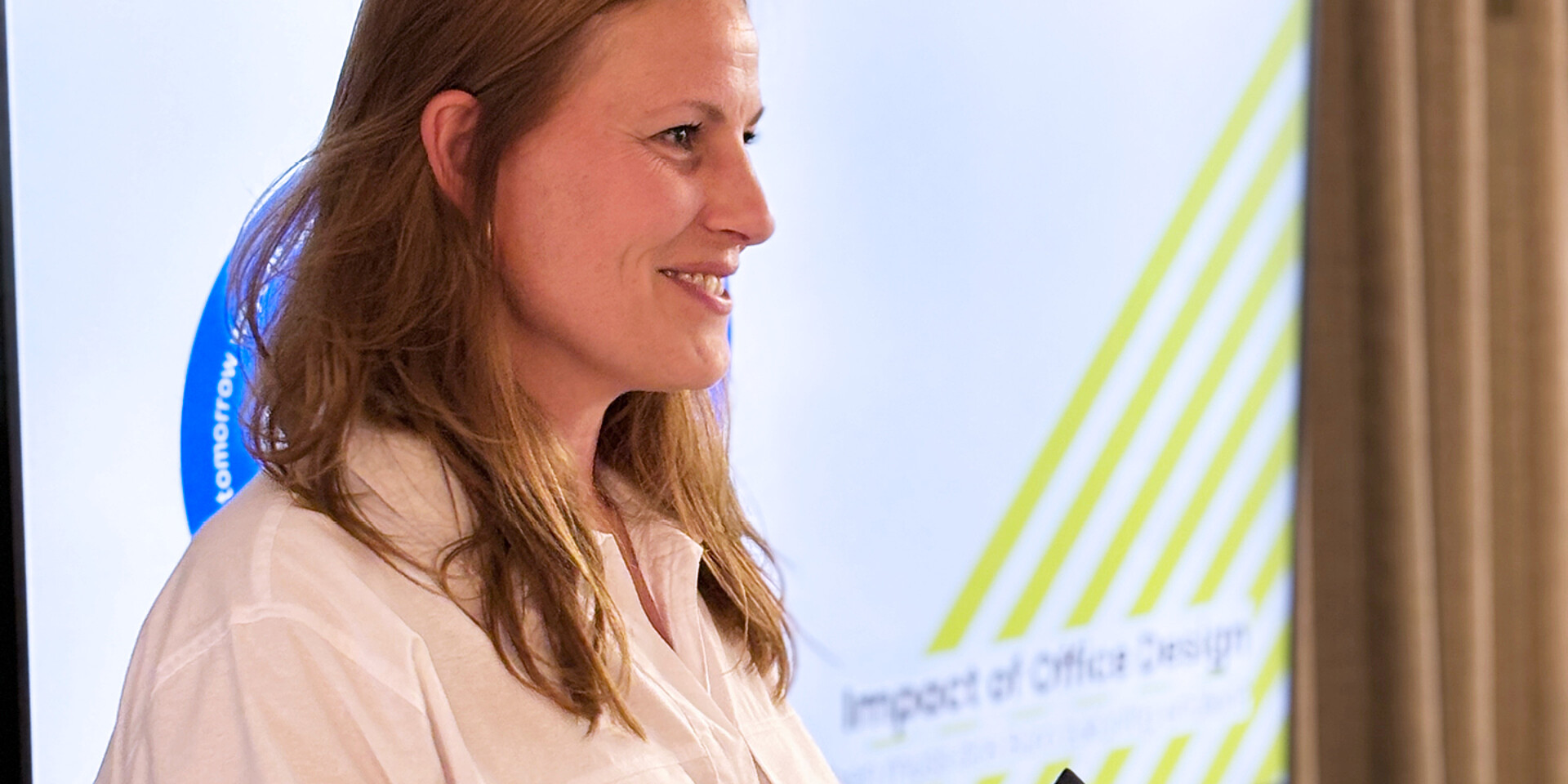
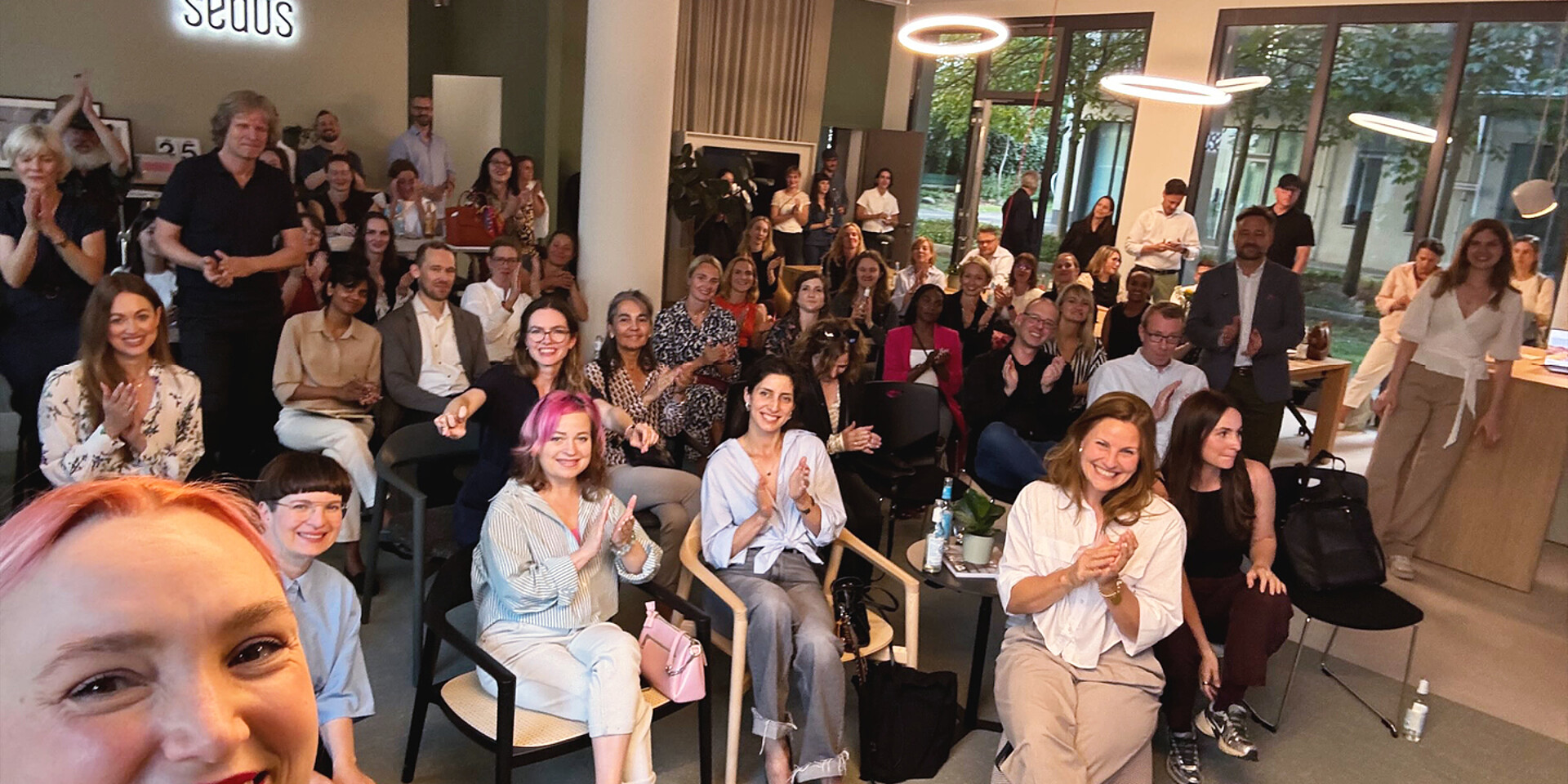
Design Is a Statement – and Requires Diversity
The eventmadeclear just howmuchfemaleperspectivesarealreadyshapingthefutureoftheworkplace. Design is not an end in itself—itcreatesidentity, fostersbelonging, and enhancesproductivity.
WOD Germanyextendsitsheartfeltthanksto all participants, speakers and attendeeswhomadethisfirstevent so meaningful.
social media channels:
